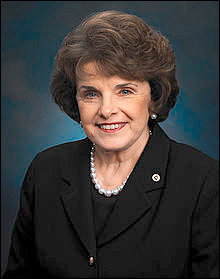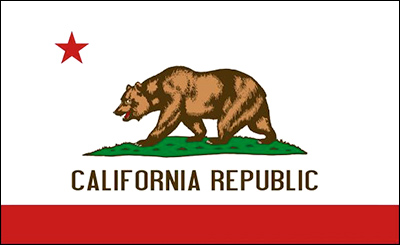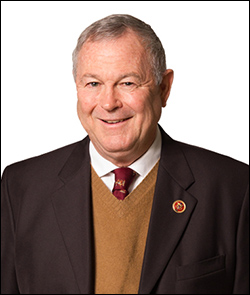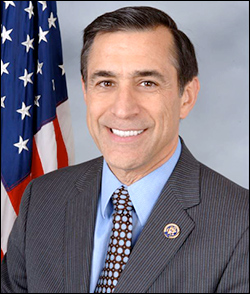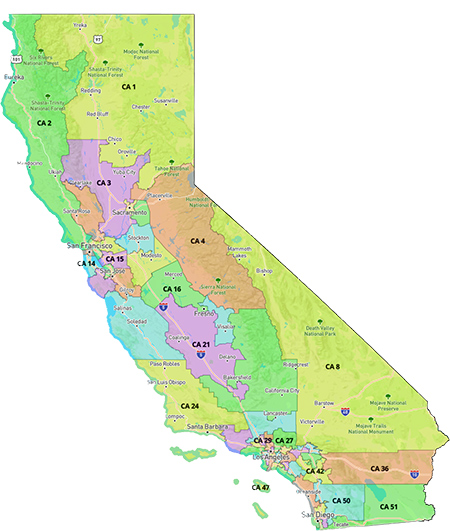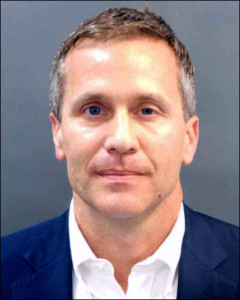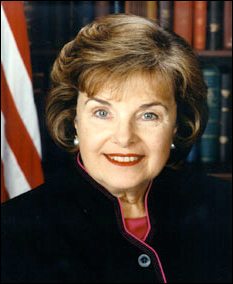By Jim Ellis
July 30, 2018 — The Public Policy Institute of California (PPIC) released a new survey of the Golden State electorate, and the pollsters uncovered some new information about the double-Democrat US Senate race that voters will decide in November.According to the PPIC data (July 8-17; 1,711 adult California residents, 1,420 registered California voters, 1,020 likely California voters — questionnaire provided in English and Spanish), Sen. Dianne Feinstein (D) would lead state senator and former Senate President Kevin de Leon (D-Los Angeles), 46-24 percent, a margin that again shows incumbent weakness. In no poll has Feinstein ever reached the majority support plateau of 50 percent or more. Additionally, in the June 5 jungle primary, she received just 44 percent of the vote, but that compares to Mr. de Leon’s 12 percent, and he finished second. In all, 32 candidates were on the Senate jungle primary ballot.
But this PPIC poll found new key information, which provides even worse news for Sen. Feinstein. Though she still must be rated as the favorite, it is becoming clearer that de Leon is developing at least a narrow victory path. A desertion among Republicans could be problematic for Feinstein, and that appears to be happening.
In a two-person race, the PPIC poll finds just 70 percent making a candidate choice. But that does not mean the remainder is fully undecided. Actually, 20 percent are saying they will deliberately skip this race, almost all of which align themselves with the Republicans or are not affiliated with a major party.
The same phenomenon happened in the 2016 general election US Senate race when then-Attorney General Kamala Harris (D) defeated US Rep. Loretta Sanchez (D-Garden Grove). Some theorized that Rep. Sanchez could be a strong candidate because she was more likely to attract Republican votes than the much more liberal Harris. Sanchez is a female Hispanic from southern California and had a textbook profile to, at least on paper, win a statewide race there. But, such didn’t prove true because so many Republicans simply skipped the Senate race even though they were in the polling booth or cast a mail ballot.

